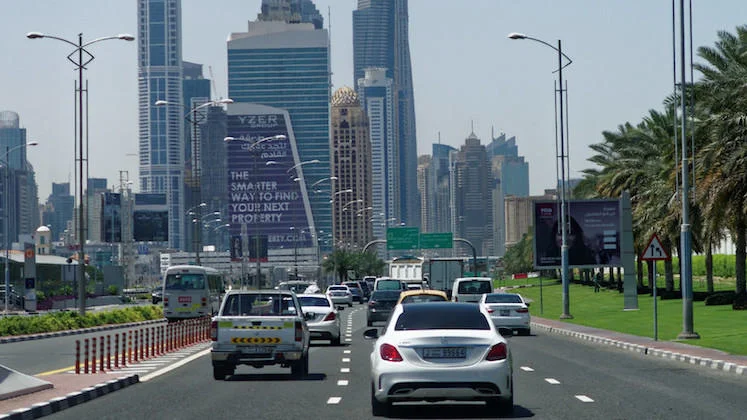Incentivising Acceptability of Climate Change Mitigation Measures in the GCC
In collaboration with Canadian University Dubai
LSE PI: Professor Susana Mourato
Co-PI: Dr Davide Contu, Dr Ganga Shreedhar
Duration: August 2020 – December 2023

GCC countries face considerable risks due to climate change because of their already high temperatures, water scarcity, and the potential loss of coastline and biodiversity. Policies that foster structural behavioural changes by supporting low-carbon lifestyles are urgently needed. What drives attitudes towards climate change and to what extent are individuals willing to pay for climate change mitigation policies?
This project aims to estimate the willingness to pay for emissions reduction policies, as well as the associated willingness to adopt low-carbon lifestyles in GCC countries. It investigates how effective different behavioural mechanisms are in enhancing the acceptability of climate change policies and the willingness to adopt and pay for low carbon lifestyles. The project also looks at the different perceptions and preferences GCC nationals have vis-à-vis the transient population living in the Gulf region when it comes to these questions.
There is scant information on these topics with reference to the Gulf region, and this study aims to bridge this gap. It proposes to employ a robust and mixed quantitative and qualitative approach, collecting primary data from residents of the UAE, Saudi Arabia, and Kuwait to inform policy makers in the region and academics in the field.
This project forms part of the Academic Collaboration with Arab Universities Programme, funded by the Emirates Foundation.
Project Outputs:
- D. Contu, G. Shreedhar, S. Mourato, A. Takshe, V. Carfora & E. Çoker, Understanding Preferences for Low Carbon Diets and Policies to Address Climate Change in the Gulf Cooperation Council and Arab World, LSE Middle East Centre Paper Series 94, November 2024.
Research Team

Susana Mourato | Principal Investigator
Susana is Pro-Director of Research (LSE Directorate), Professor of Environmental Economics and Associate of the Grantham Research Institute on Climate Change and the Environment.

Davide Contu | Co-Principal Investigator
Davide is Assistant Professor at Canadian University Dubai.

Ganga Shreedhar | Assistant Professor
Ganga is Assistant Professor at the Department of Psychological and Behavioural Science. She is interested in how, when and why people take action - or fail - to address complex global environmental social dilemmas.

Elissa El Moufti | Research Assistant
Elissa holds an MSc in Environmental Economics and Climate Change at the LSE Department of Geography and Environment.

Patricia Freitag | Research Assistant
Patricia is Research Assistant on the projects 'Incentivising Acceptability of Climate Change Mitigation Measures in the GCC' and 'Public Preferences towards Policies to Address the Water-Energy-Nature Nexus in Kuwait'.

Woong Ki Lee | Research Assistant
Woong Ki is a PhD student at the LSE Department of Geography and Environment.

Dallas O'Dell | Research Assistant
Dallas is Research Assistant on a MEC project looking at climate change mitigation measures in the GCC. She is also a PhD student in the Psychological and Behavioural Science Department, LSE.

Aseel Takshe | Researcher
Aseel is Assistant Professor at the Department of Environmental Health Sciences, Canadian University Dubai.